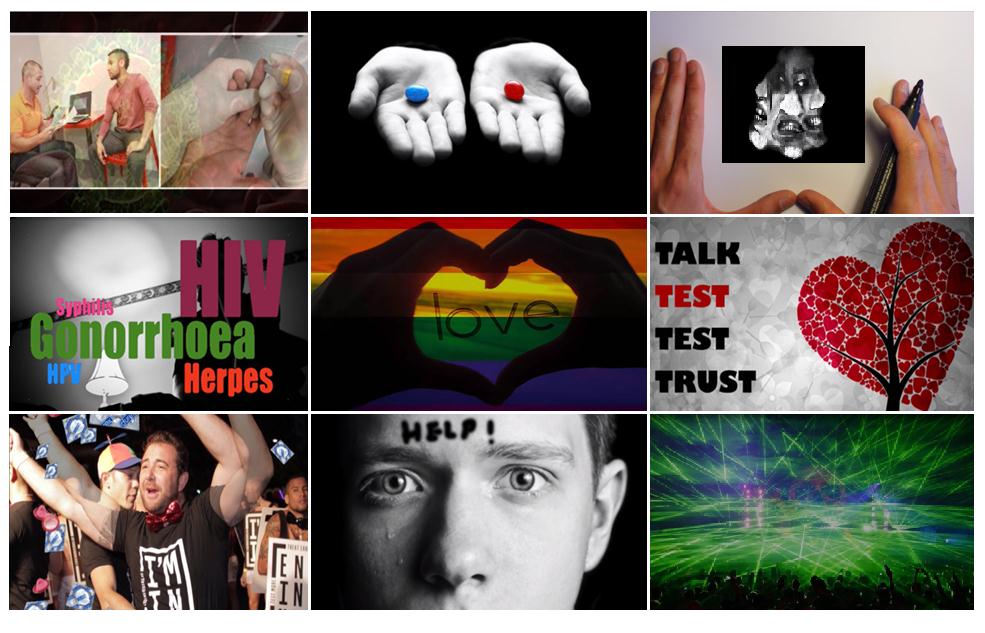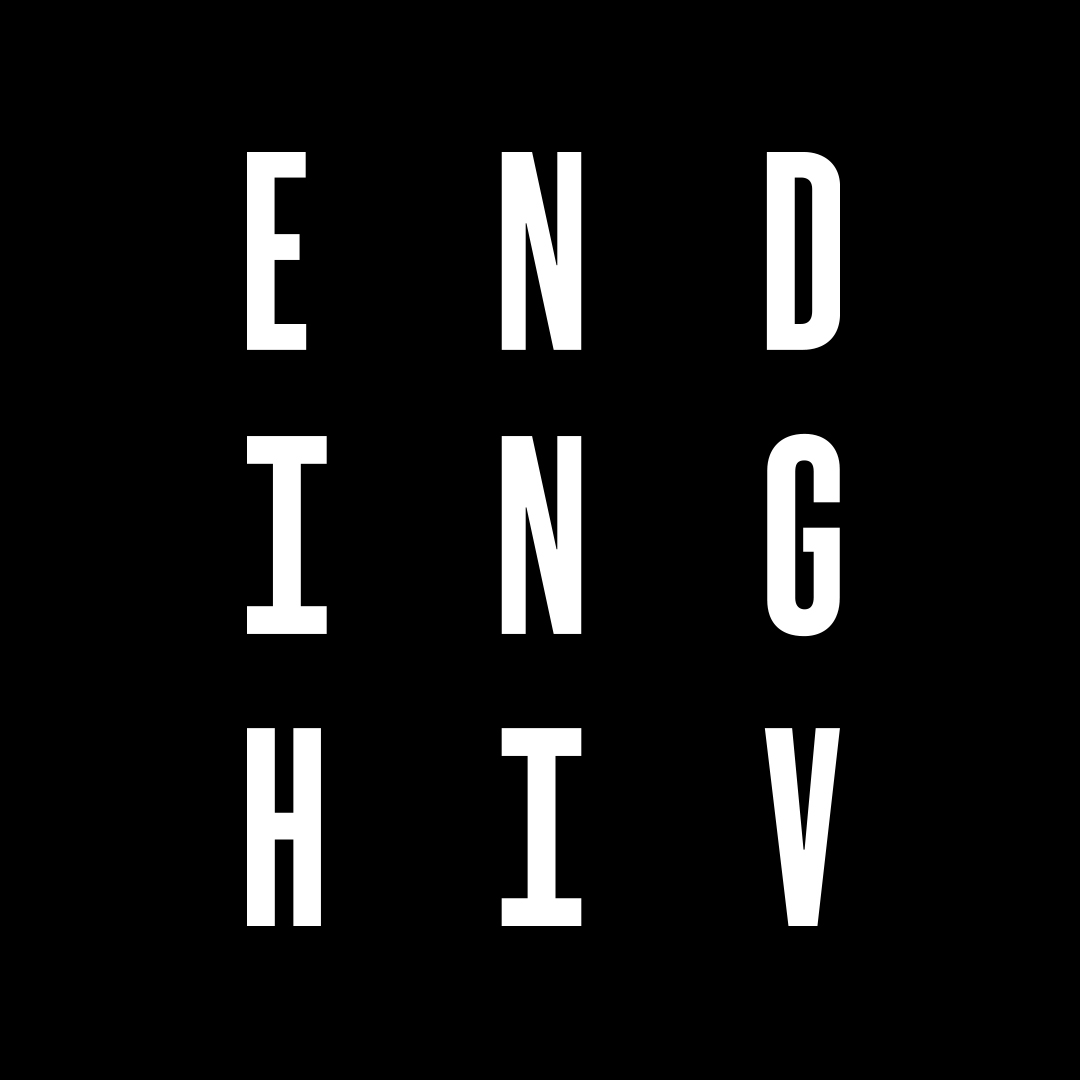TELL YOUR STORY
“Because there is a natural storytelling urge and ability in all human beings, even just a little nurturing of this impulse can bring about astonishing and delightful results.” — Nancy Mellon, The Art of Storytelling
Everyone has a story to tell. Hearing someone else’s story helps us to understand who they are, what they have experienced, and why they think and act as they do. Storytelling is one of the oldest, simplest and most effective methods we can use to teach people about different topics. We learn by interpreting messages from the authors who communicate them, and by noticing the actions of protagonists who are similar to ourselves.
This form of observational learning is one that can and has been used for HIV peer education. When we connect to characters in a narrative, these characters may have great influence on our attitudes and beliefs, encouraging us to adopt a set of behaviours: Stories can emphasise the importance of wearing a condom with fuckbuddies because a series of consequences have been shown to us; they can teach us to balance pleasure with caution, to get tested, to follow the wisdom of a champion who has survived a close encounter with his sexual health…
Our voices matter.
With new forms of digital media and online sharing made available to us, never before has it been easier to be heard.
What is digital storytelling?
This term describes the new practice of ordinary people who use digital tools to tell their ‘story’. Digital stories compel and engage us, prompting us to respond. Storytellers use videos, images, texts, and voiceovers to tell their story, selecting those symbols that best say what they want to say.
Digital stories are used as a vehicle for education, community mobilization, advocacy or self-reflection.
Young gay/bi men tell their stories
The young men who worked with ACON used digital stories to sensitise audiences to the health and lifestyle issues they face, being the best authorities to talk about themselves.
The films, like their creators, are unique, hopeful, insightful and diverse. From sexual identity to mental health, HIV and staying safe, each film describes life events which have shaped them while addressing topics pertinent to our communities of modern young gay/bi men.
The Tell Your Story Project
It started when ACON collaborated with Thinkspace at the Powerhouse Museum to run a workshop with a group of young gay/bi men. The outcome was 5 digital stories produced over a number of Saturdays and when storytellers were able to lend their spare time.
Peer education has always been a vital component of our work, with young gay/bi men learning about and discussing experiences of HIV and sexual health to prevent new transmission and fight stigma within our communities.
During the workshop our storytellers developed personal skills in multimedia production techniques to uniquely express themselves. The project enabled them to speak about topics that matter to them in their own words, with a focus on sexual health and why it is important in their lives.
What to expect
Stories about sex.
Stories about love.
Stories about health.
Stories about hope.
Stay tuned, as we release a different digital story each week in the lead up to Mardi Gras.
We invite you to come along to the Tell Your Story project launch on Thursday the 29th of January, when the first digital story, “I knew you didn’t have anything” will be released.
Head to our Facebook page for more details about the launch, and to let us know you’re coming.
Want in?
A new Tell Your Story workshop will be running in April 2015. If interested in joining, contact ACON’s Young Gay Men’s Project on youth@acon.org.au.
This workshop is open to young gay/bi men, and LGBTI people who want to learn new skills to tell their story.

